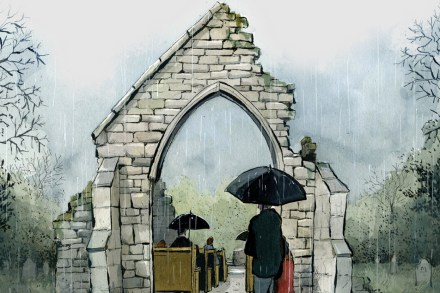Does Keir Starmer’s atheism matter?
Good Friday, 2021, at Jesus House For All Nations church in Brent, north-west London. Face masked, head bowed, hands clasped, Sir Keir Starmer stands alongside Pastor Agu Irukwu. The pastor opens his arms to invoke Almighty God. We hear Starmer in voiceover: ‘From rolling out the vaccine to running the local food bank, Jesus House, like many other churches across the UK, has played a crucial role in meeting the needs of the community.’ A nice video tribute for Easter, this. Good to see churches getting some recognition. A sign, perhaps, of the inclusive national unity a Labour government would foster. By Easter Monday, Starmer has apologised, deleted the video











